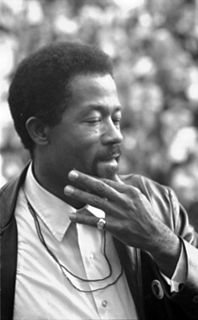A Quote by George Eliot
Beauty is part of the finished language by which goodness speaks.
Related Quotes
And why does it make you sad to see how everything hangs by such thin and whimsical threads? Because you’re a dreamer, an incredible dreamer, with a tiny spark hidden somewhere inside you which cannot die, which even you cannot kill or quench and which tortures you horribly because all the odds are against its continual burning. In the midst of the foulest decay and putrid savagery, this spark speaks to you of beauty, of human warmth and kindness, of goodness, of greatness, of heroism, of martyrdom, and it speaks to you of love.
In the most general terms, the Enlightenment goes back to Plato's belief that truth and beauty and goodness are connected; that truth and beauty, disseminated widely, will sooner or later lead to goodness. (While we're making at effort at truth and goodness, beauty reminds us what we're hold out for.)
God who is goodness and truth is also beauty. It is this innate human and divine longing, found in the company of goodness and truth, that is able to recognize and leap up at beauty and rejoice and know that all is beautiful, that there is not one speck of beauty under the sun that does not mirror back the beauty of God.






































